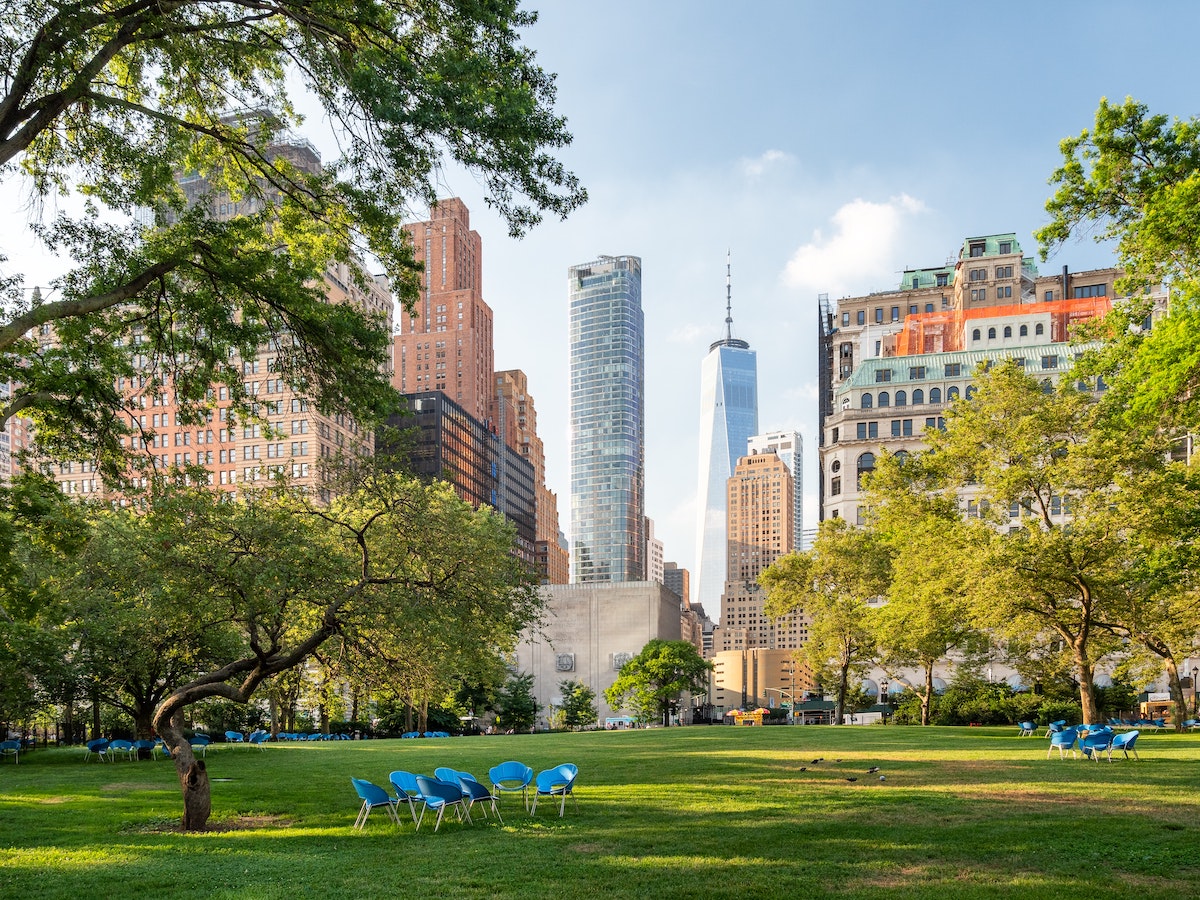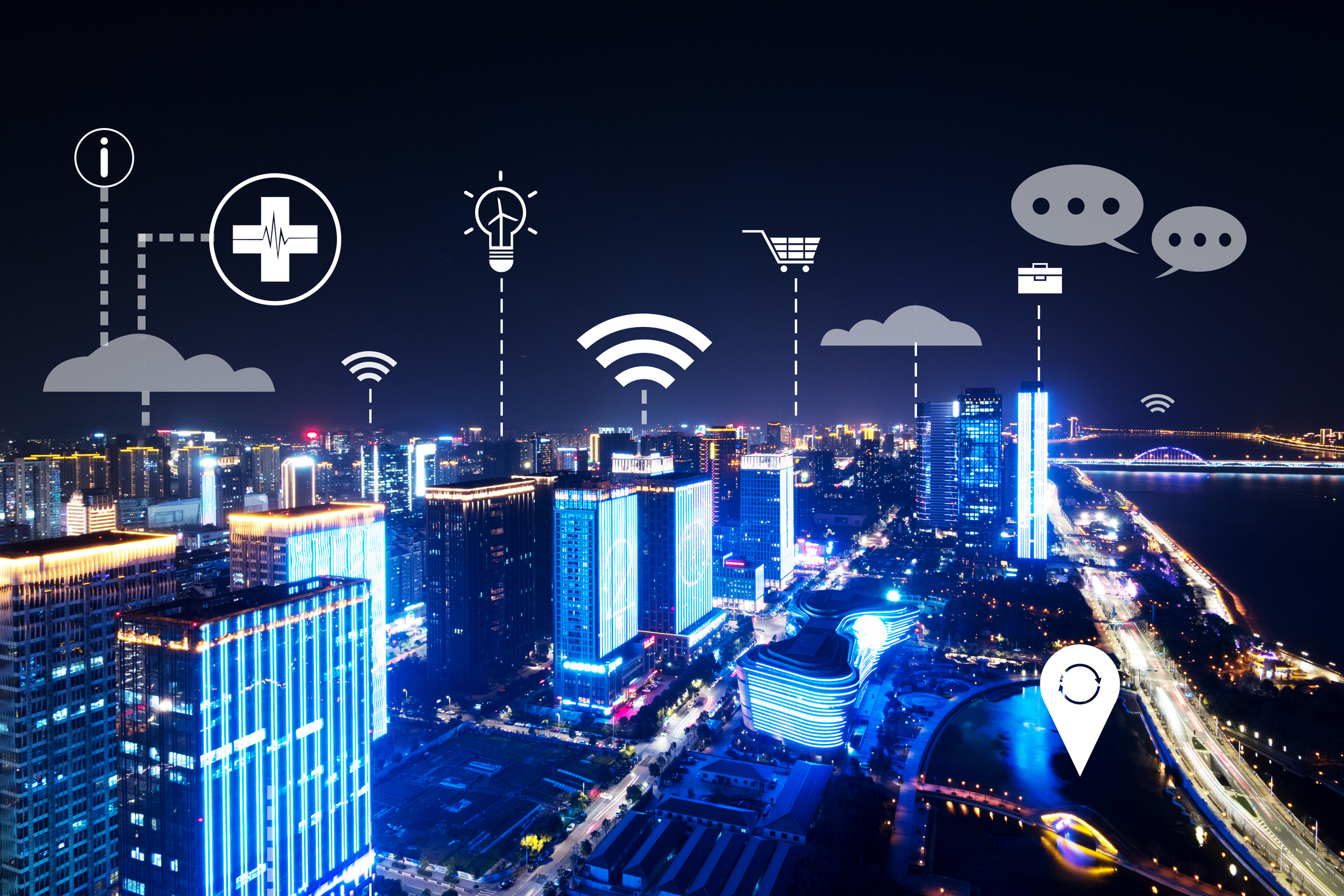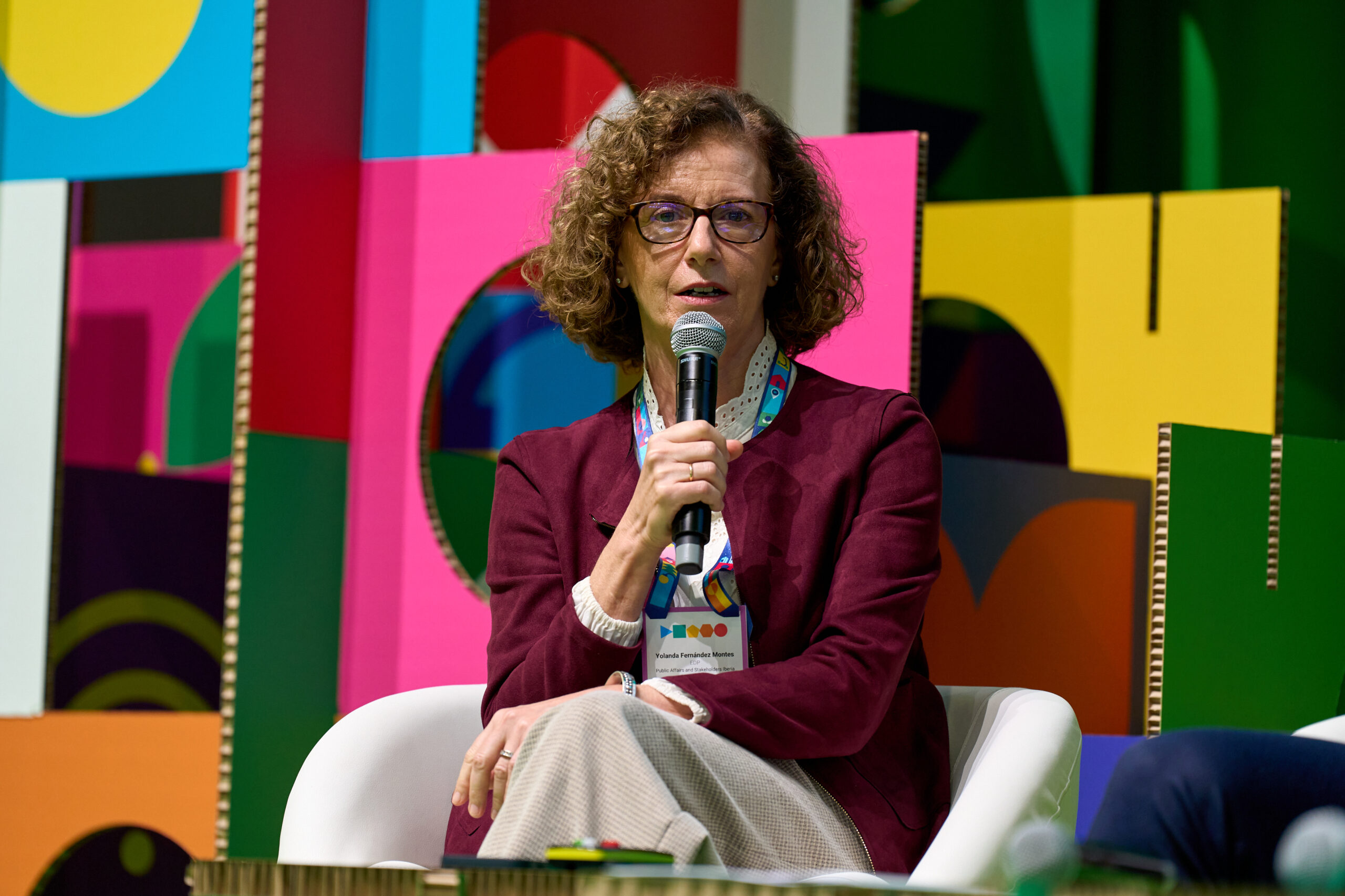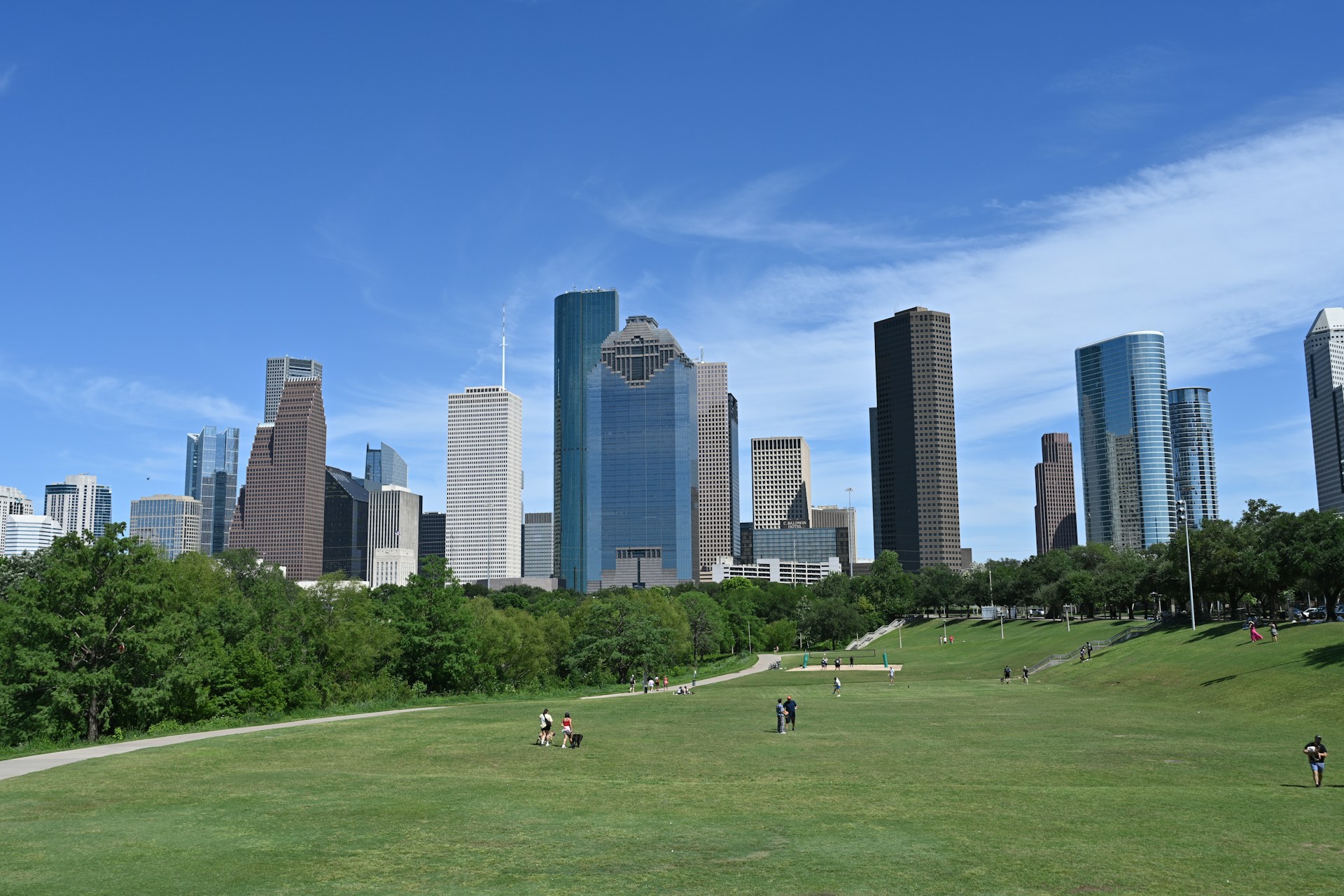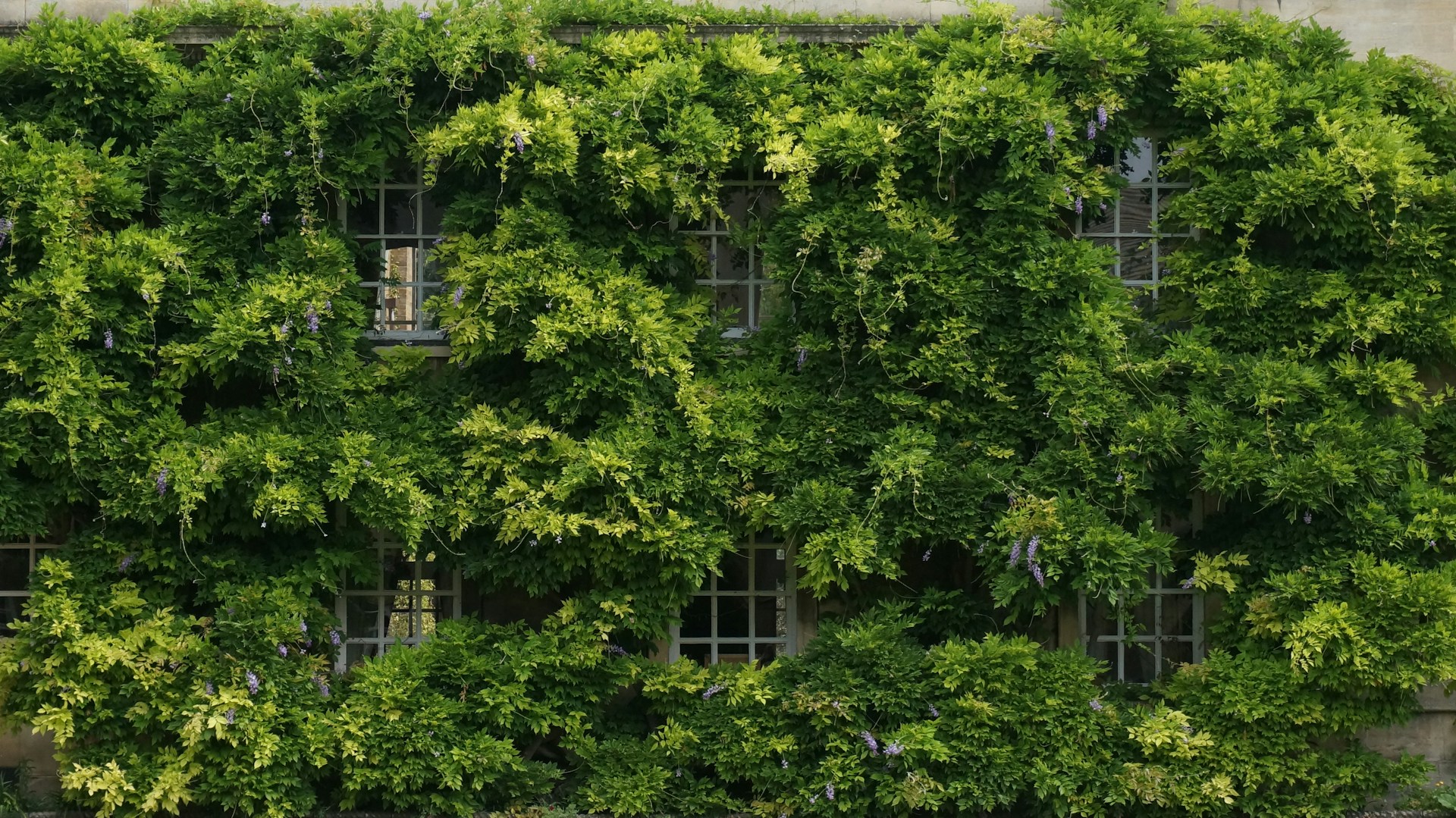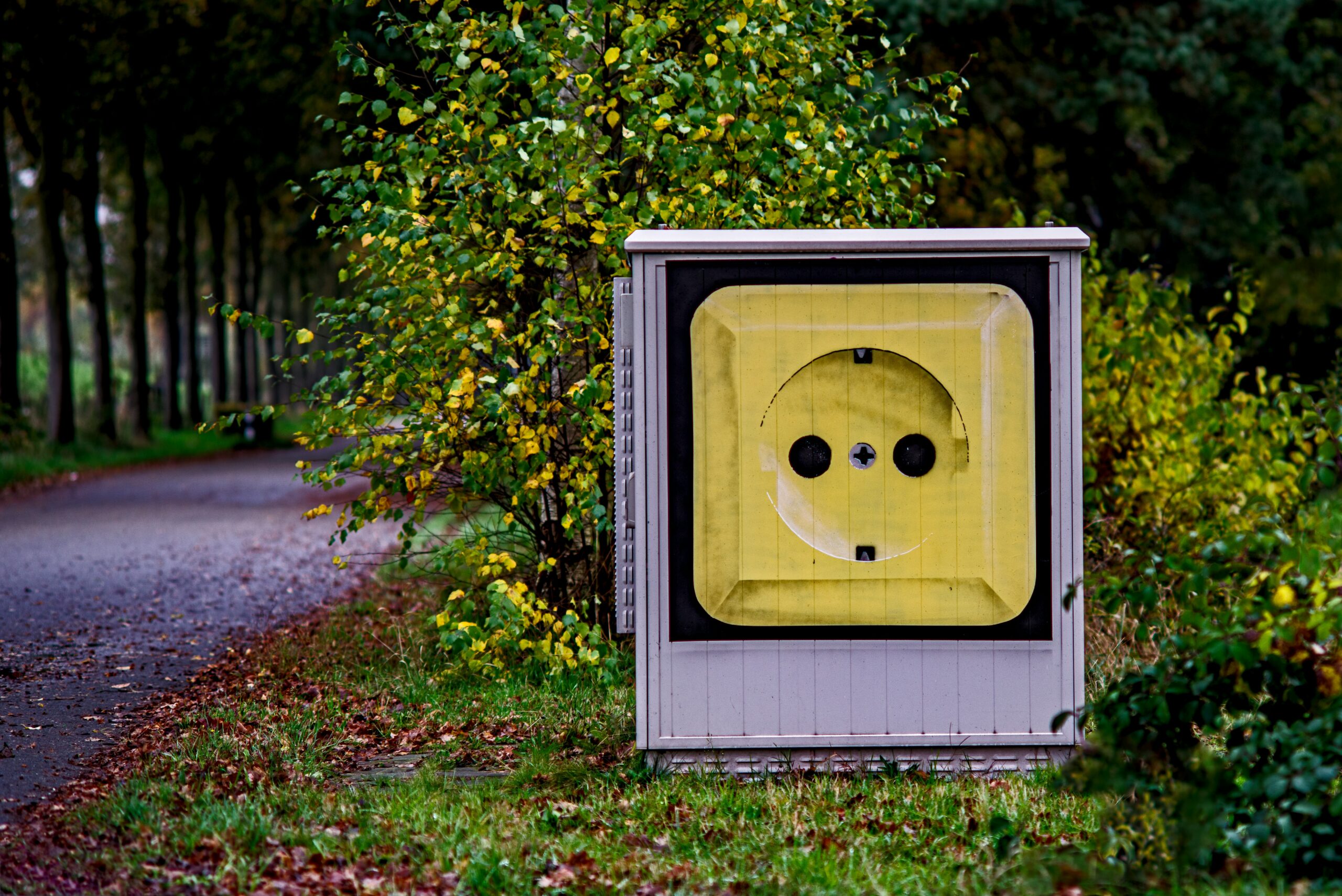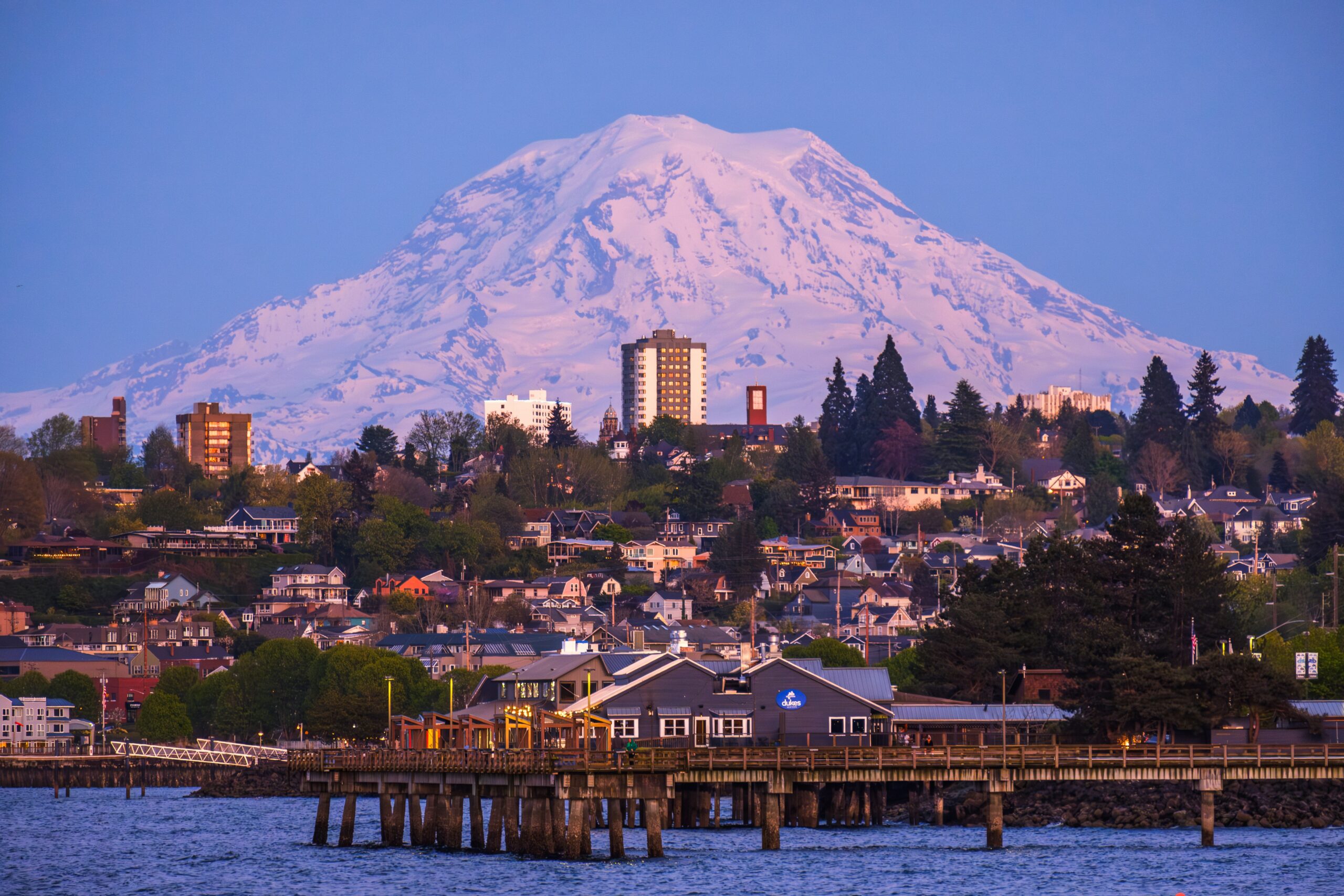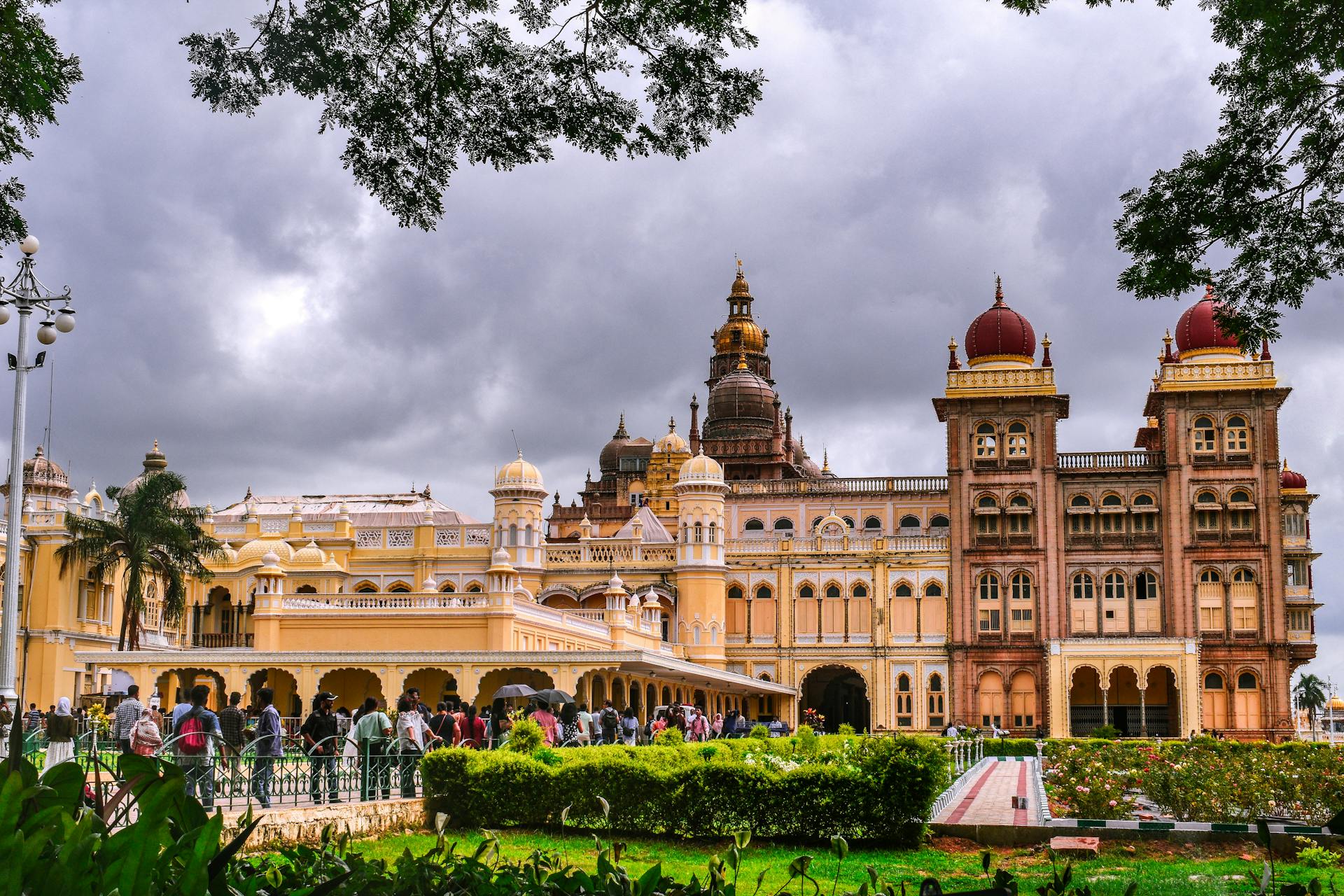Authors | Pablo Vinuesa, Raquel C. Pico
There is an increasing amount of information available certifying the negative impact of nature deprivation in our environment, while the benefits of having large green areas in urban spaces are varied. Green cities, therefore, become privileged areas, spaces that are much better equipped for the challenges of the future and the needs of the present. The health benefits of urban green spaces are enhanced by their aesthetic value, social potential, and even their contribution to greater resilience.
Thus, according to the World Health Organization (WHO), parks, green areas, and watercourses are solutions for urban health. Specifically, it defines green spaces as “an essential resource to provide healthy and sustainable living environments” and it estimates that ideally, everyone should live within 500 linear meters of a green space. That is, green cities are those that place them at a maximum of five minutes on foot from every home. But are our cities prepared, and do they have enough natural spaces?
Below we outline some of these and what ideas could help to build greener and smarter cities.
What is a green space within a city?
Firstly we should clarify what we understand as “green space”. A standard definition of a green zone, area or space would be a defined piece of land with vegetation. Therefore, we could be referring to parks and gardens, but also to forests or jungles. As they all have distinct characteristics, when referring to a green space it is understood that we are referring to those located within cities.
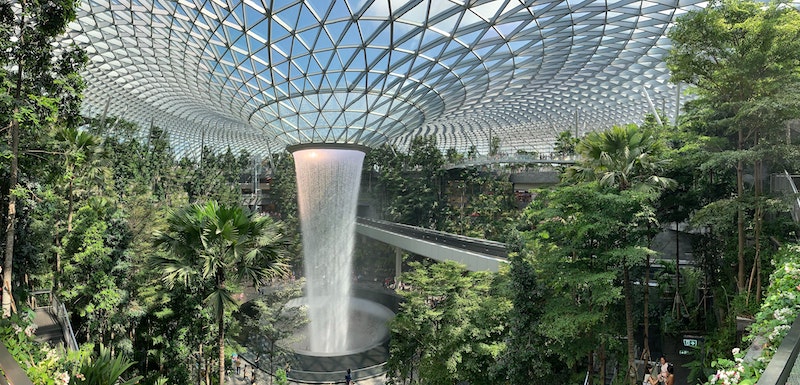
These can be divided into two types, natural or not natural, depending on whether humans have intervened in their development. In general, urban or suburban green spaces tend to be occupied by plants, trees or shrubs and offer leisure or decoration activities, although, sometimes, they are considered protected spaces given their environmental importance.
Why are green spaces so important in cities?
Details regarding the impact of the lack of green spaces in cities on the population are frightening. A study published by The Lancet Planetary Health, with information obtained from thousands of European cities, estimates that 43,000 deaths per year are caused by a lack of green spaces. The name given to green spaces as the “lungs” of a city is painfully true.
Scientific research has shown that both children and the elderly benefit particularly from access to natural spaces, yet the advantages of green cities extend to the entire population. Urban green spaces help improve air quality and reduce pollution. Incorporating these areas into urban design is important: well-planned cities positively impact residents’ well-being and can even help reduce obesity rates.
Additionally, all these aspects come with an aesthetic value. Green cities benefit from something as intangible as beauty. For example, Vitoria (Spain) has made urban renaturalization one of its hallmarks as well as a visually appealing introduction.
What are the benefits of green spaces in our cities?
Mental health benefits
Access to nature is essential for humans and has an impact on our mental health. According to numerous studies, it helps reduce stress and improves both concentration and increases happiness. It is particularly beneficial for children and older people, although it is related to improved mental health in general. There is even an interesting line of investigation that relates violent behaviors with fewer green urban landscapes.
Physical benefits
Parks and gardens are an oasis in the middle of cities, extremely valuable resources for improving our health and physical condition. Studies in this regard confirm that long-term contact with nature is linked to longer lives. And it promotes healthy lifestyles and sport: enjoying sports activities in nature is even more beneficial. Hence the interest in enjoying sport outdoors, for example in calisthenics parks and urban gyms.
In fact, the natural density of green cities is already associated with reduced mortality among people with chronic illnesses and with improved prenatal health. The prevalence of cardiovascular disease and diabetes also declines, thanks to the additional health benefits offered by parks, gardens, and tree-lined areas.
Social benefits
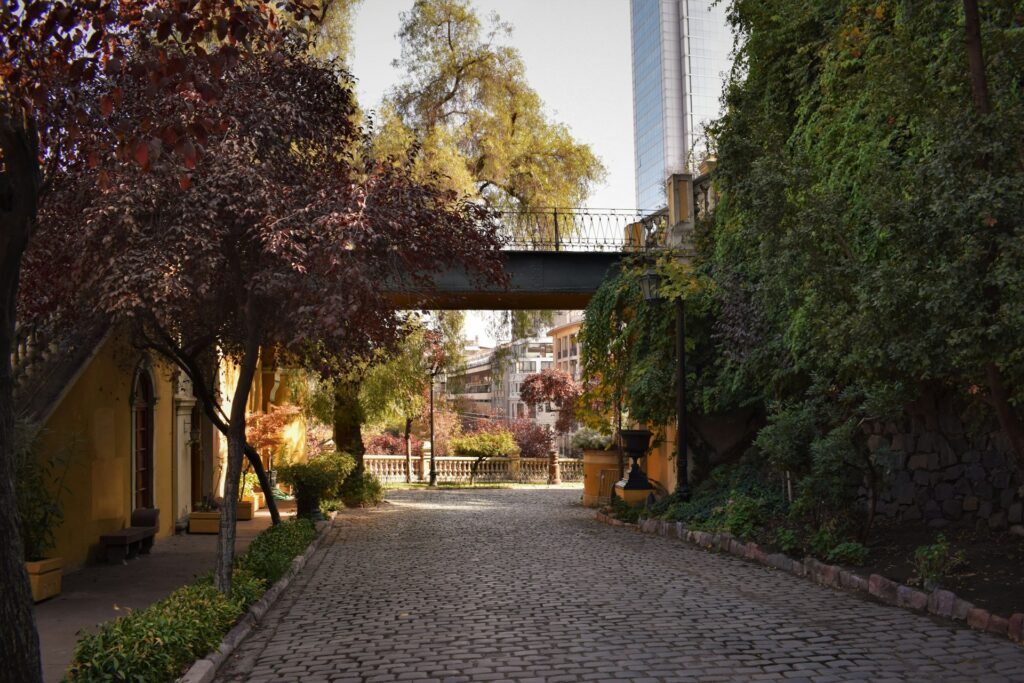
One only has to think of traffic jams, crowds, and pollution to understand why green spaces generate so many social benefits. Among them, improved social relationships and a strengthened sense of community, as these can be developed in more pleasant surroundings for community living. Or how they favor environmental awareness, particularly among the younger population.
Even so, one of the most complex issues of green cities is precisely who has access to natural spaces and who does not. Statistical data show that there is an access gap and that urban green areas are fewer in lower-income neighborhoods than in higher-income ones, which over time negatively affects the mental and physical health of residents in the former. Twenty-first-century urban planning must tackle this issue, and urban renaturalization should lay the groundwork for green cities accessible to everyone. In this way, parks and trees can also help narrow social disparities.
Resilient cities in the face of climate change
Another key health and social benefit of green cities is that they make them far better equipped to face the challenges of climate change. They are resilient cities, as urban green spaces serve as climate refuges. The concept of trees-as-infrastructure illustrates this: they reduce average urban temperatures during extreme heat events, such as heat waves, and help purify the air.
Equally important is their role in other extreme weather events, such as violent rainfall. Natural spaces can serve as floodable parks or water retention areas, helping manage excess water. Unlike areas dominated by concrete, which provide no natural outlet, green cities feature spaces that absorb surplus rain.
Ways to increase green spaces in cities
The creation or refurbishment of green spaces was not just a good tool for combating the pandemic, but it is also an essential long-term strategy. In fact, studies already confirm that green cities gain in urban resilience, social cohesion, well-being, and economic management. Research in Toronto (Canada) found that residents with more than 10 trees on a block felt better, as if their annual income had risen by $10,000 or they were seven years younger. Another study in New York (USA) found that the city’s trees generate an annual return of around $120 million in savings from water supply protection and flood prevention.
Cities need to look for alternatives, but some solutions may help create natural layers of biodiversity. Apart from public green spaces, the interior spaces in our homes can be reconverted, together with community rooftops and even walls and facades, in the form of vertical gardens. Afterall, plants improve air quality, they release oxygen into the air and function as a protective barrier against environmental noise.
A smart urban approach
The use of technology may be able to help significantly with this task. Tools such as Big Data, artificial intelligence or the Internet of Things (IoT) enable cities to advance towards a more advanced model of sustainability in urban settings, the connectivity of which can facilitate, among others, smart lighting or advanced and therefore, less polluting transport networks. Ultimately, this is urban planning focused on people.
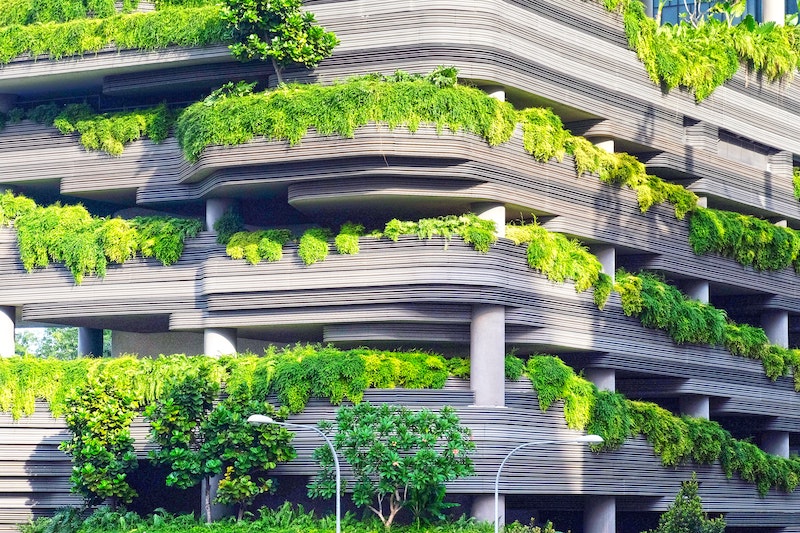
Which city has the most green urban spaces?
With over 2,220 hectares of green areas open to the public, Copenhagen dominates the top of the ranking. There are also interesting cases such as Singapore or Cancun, but there are over 90 cities within the C40 group, an international organization that joins forces to reduce emissions and adapt to climate change. Chicago, Dar Es Salaam, Auckland or New York, among others, propose urban planning innovations that favor energy efficiency, generating clean energies and optimizing public transport or waste management.
On average, 42% of cities in the European Economic Area is devoted to natural spaces. However, this does not mean that all European towns qualify as green cities, as the figures vary widely between countries and even among cities within the same country. Cáceres (Spain) has the highest proportion of urban green spaces, at 95.8%.
Images | Dimitry Anikin, Yen Le, Danist Soh, Maggie Yap
